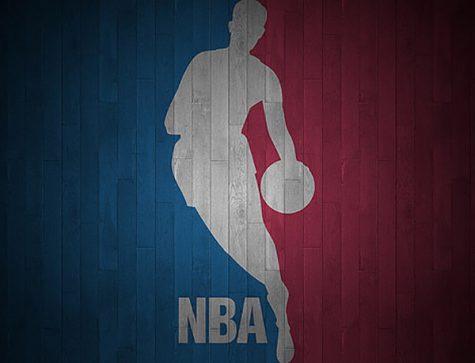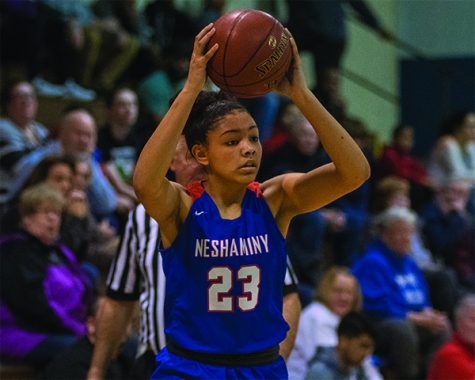Sportorial: Playing sports brings benefits in the long run

Photo via Google Creative Commons License
Students who participate in PIAA sports benefit in numerous ways.
January 26, 2017
After hours of practice and conditioning, hundreds of dollars spent on merchandise, and the extreme risk of injury, high school athletes often come across the same question, “Why am I a part of this?” This question is even more relevant to non varsity players or those not planning to attend a sport at the college level. Yet according to the official NCAA website, “of the nearly 8 million students currently participating in high school athletics in the United States, only 480,000 of them will compete at NCAA schools-of that group, only a fraction will achieve their goal of becoming a professional athlete.”
So what’s the point? Why stick to something if it won’t stick for life and become nothing but a memory? Although to some it may seem like a waste of time, participating in a high school level sport does bring benefit in the long run.
Besides aiding in the prevention of diseases and weight gain, along with building a healthy lifestyle, playing a sport leaves a positive impact on mental health. “For many years, experts have known that exercise enhances the action of endorphins, chemicals that circulate throughout the body,” Harvard Health reported. “Endorphins improve natural immunity and reduce the perception of pain. They may also serve to improve mood.” Playing a sport results in regular exercise during the season and a good amount during the off season, resulting in a more positive mood for the athlete, something that has the possibility to lessen the effects of depression. While playing a sport, most athletes are focused on the game, letting what goes on within their daily life go. This could also reduce stress.
While keeping mental and physical health in line highly benefits a student in the long run, so do the lessons they soak up during their athletic endeavors. Almost all sports require a team, teaching even the most introverted athletes how to be a “team player,” a lesson many adults use as a skill within the working world. Athletes also form special bonds with their teammates by sticking together through the wins and losses, possibly forming lifelong friendships.
As high school students, not everyone has been exposed to a lot of failure, yet almost every athlete is bound to face failure preparing them for what lies ahead in life. It also teaches more privileged students that success only comes from hard work and persistence, a lesson that can bring success in achieving any goal in the adult world.
But in order for a high school athlete to truly benefit from the sport they’re involved in, they should love even the most difficult parts of it.










